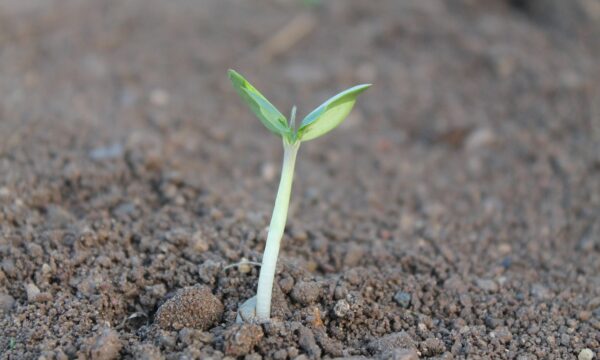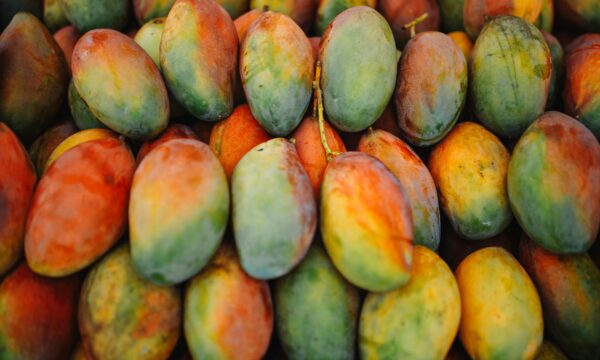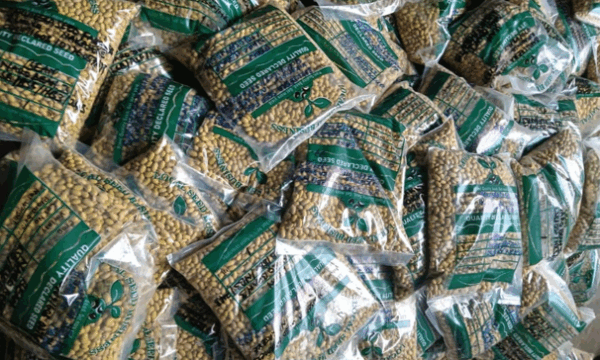Women can, and should, play an equal role in the future of agriculture. However, they are often overlooked, particularly in agriculture and science.
Gender and youth is one of CABI’s key themes. Constituting to Sustainable Development Goal 5, CABI’s goal is to create opportunities for women and young people in agriculture.
To mark ‘International Day of Women and Girls in Science,’ we spoke with some of the female scientists at CABI whose invaluable work helps to close this gap, empower women in science and overcome problems in agriculture and the environment.
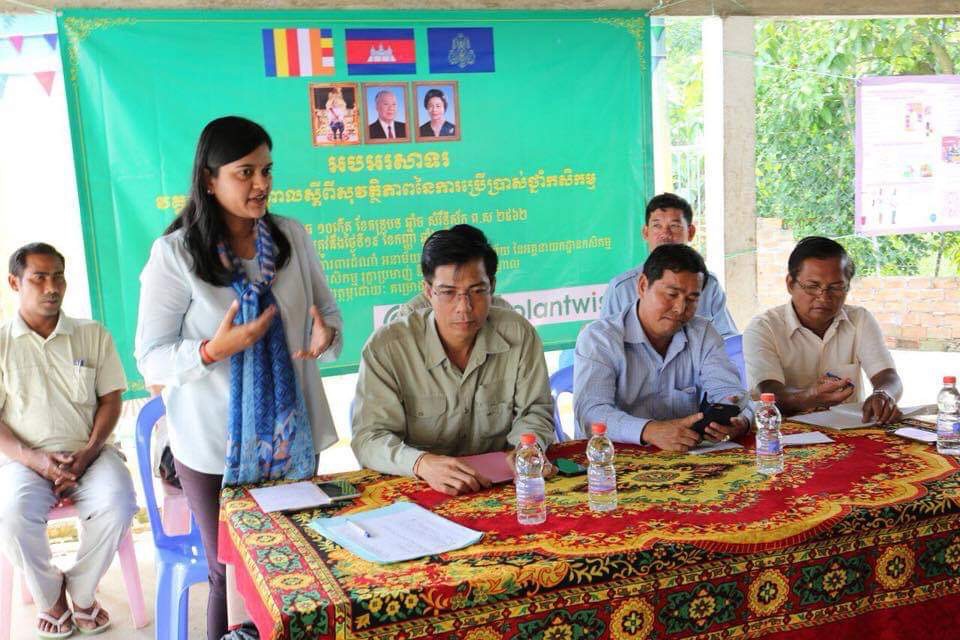
In this blog, CABI scientist Sathis Sri Thanarajoo, talks about her love for science, her work in plant pathology and her advice for young female scientists.
When did you discover your love of science?
I have been fascinated with science since I was 10 when I had the first exposure to the subject at school. I was excited about all the experiments and their outputs. Initially, it was more focused on observing the processes in an experimental setting, but later on, I started applying the theories and concepts in real life.
What do you love about science?
Everything! Because every single thing that exists and happens in this world is backed by facts and reasoning that make us understand the origin of something, how it evolves and predicts what it will turn out to be. Be it humans, plants, animals or the universe.
Why did you want a career in agricultural science?
Agricultural Science has always been something close to my heart, as I used to grow crops in my backyard when I was young. This was even before any exposure to basic cultivation knowledge. I liked to experiment with things related to nature. My interest in Agricultural Science grew after I graduated from high school and applied for a course at university.
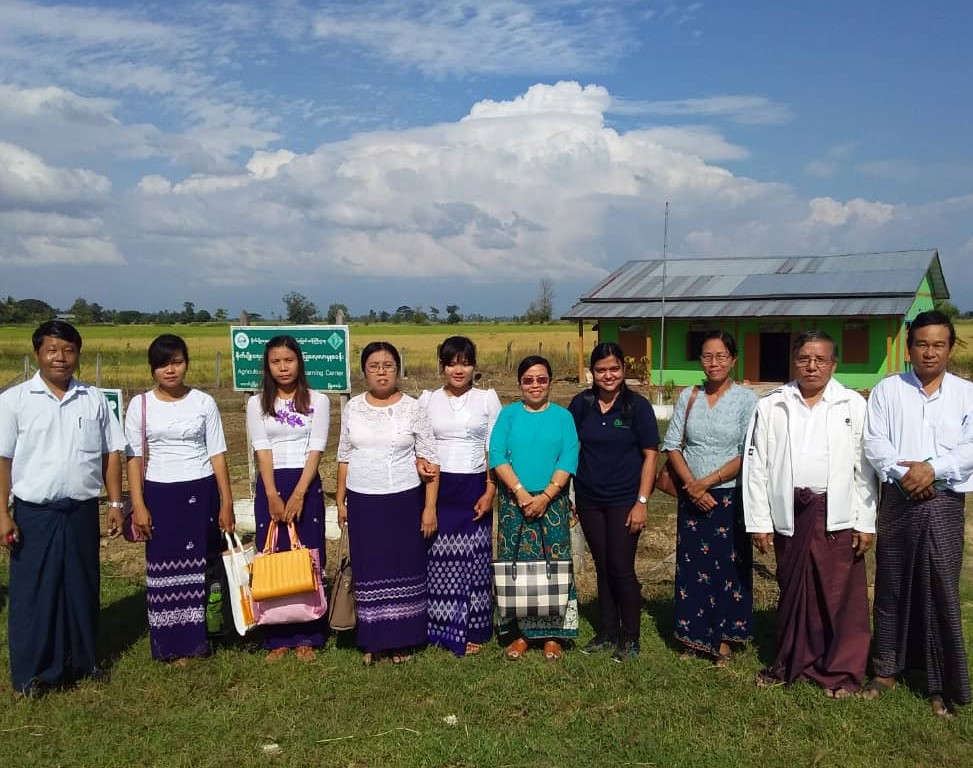
What do you love most about working in Agricultural Science?
I love Agricultural Science because it brings me back to nature. Being able to connect and work in harmony with the environment. It also connects the different aspects I’ve learned about – soil science, crop science, animal science, aquaculture, farm machineries, plant protection, agro-economics, commodities and so on.
What are the most difficult aspects of working in Agricultural Science?
In my case, it has been planning for fieldwork during unpredictable weather. And even more now with the pandemic, where travel restrictions are in place, making it increasingly challenging to reach out to the farmers. But the challenge has inspired us to look for alternative approaches, and we continue to work to the best of our abilities.
Another difficult aspect, from my previous experience experimenting with oil palm/coconut disease, especially as it was less studied then, was troubleshooting the laboratory experiments and connecting it to the actual field incidences.
What project/area are you working on now for CABI?
I contribute to project development, laboratory experiments and field studies related to Plant Pathology. I also support projects, implemented by the centre, that work across various themes including plant biosecurity, plant health, and conservation of underutilized crops.
What advice would you give to girls wanting to follow in your footsteps and work in Agricultural Science? and science in general?
Follow what you think is right and makes you happy. Agriculture allows you to understand various concepts and connects you to many other pathways that you adopt in life. In certain areas, in my personal experience, there are some stereotypes that women may not thrive well in agriculture. But I would say, please equip yourself with the necessary associated knowledge in your field and you will be able to steer your own future within Agricultural Science. We have seen many successful women in the field of science, so go for it!
Listen to the Women in Science podcasts
Related News & Blogs
How plant clinics are strengthening crop health services in Bangladesh
When the first-ever plant clinic in Bangladesh opened in Dhaka in 2013, it initially faced a lack of interest due to its novelty and limited awareness among farmers. However, it went on to expand, providing advice to over 17,000 farmers and led to the…
2 July 2025

